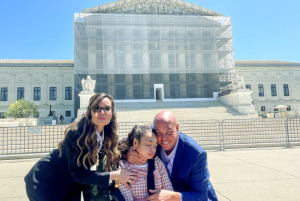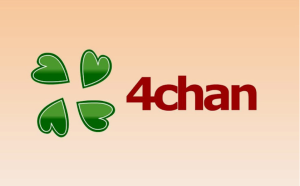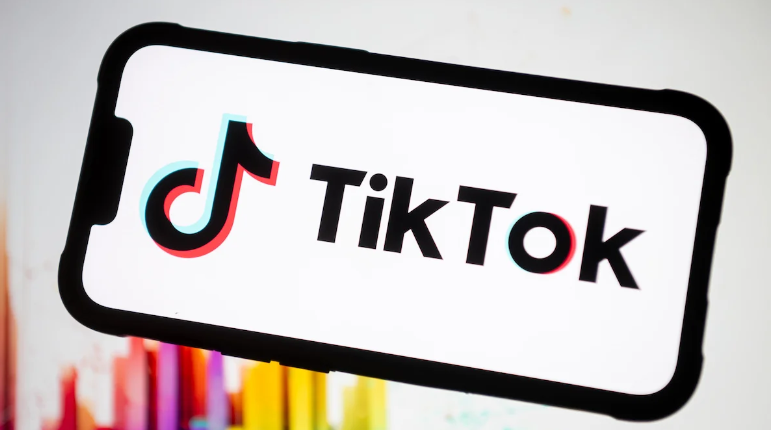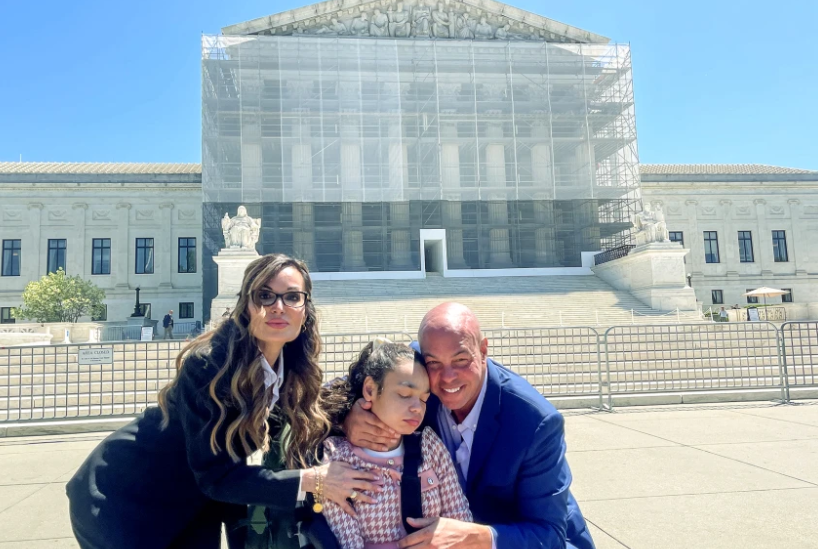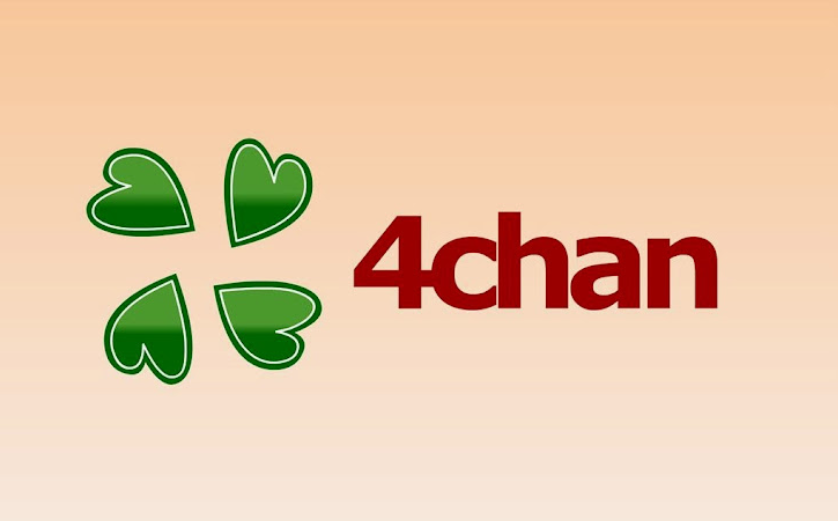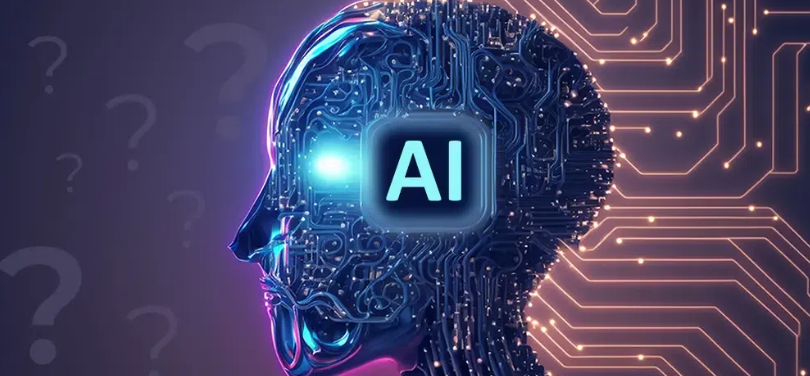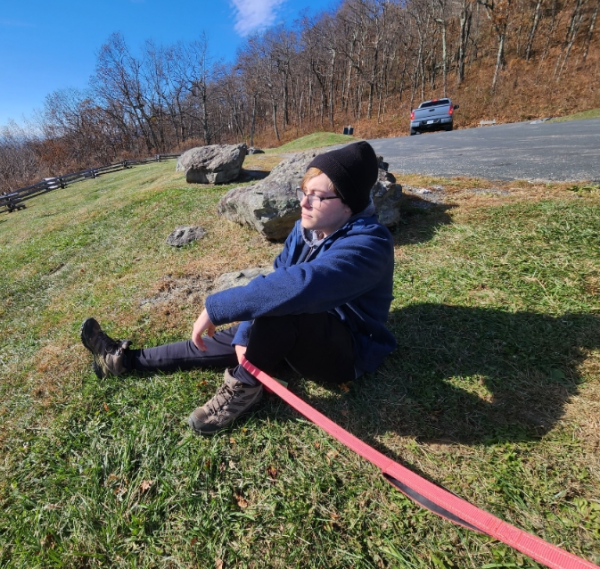After Joe Biden signed a law requiring TikTok to divest from their Chinese parent company, ByteDance, TikTok appealed to try to stop the incoming ban. This week, a DC Court of Appeals upheld the ban, which will go into effect in January.
TikTok had attempted to appeal on the grounds of the First Amendment, claiming that restricting their app was also restricting their company’s freedom of speech and their users’ freedom of speech. Technically, their company does receive First Amendment rights under the ‘person’ status given by Citizens United vs. FEC. As proven over and over in this process, TikTok fundamentally misunderstood or misdirected their arguments. During their testimony to Congress, they argued the same thing, not understanding that the accusations brought were on the grounds of national security.
The case was about national security, not just the First Amendment: “the Government acted solely to protect [First Amendment rights] from a foreign adversary nation and to limit that adversary’s ability to gather data on people in the United States,” the court’s opinion said. TikTok has been accused of gathering data on US citizens through their app and storing it on servers accessible by the Chinese government.
The claim of Chinese data collection has grounds to stand on, as Chinese corporations must submit to government requests and needs, such as gathering information or directing certain decisions (such as divestment, which TikTok would have to do to avoid a national ban). However, critics have argued that American corporations such as Meta and Google do the same, taking much more information than TikTok through their wider families of apps.
As of now, the ban will go forward on January 19th, 2025. It will be banned from operating in the United States, removed from app stores, and TikTok will not be able to be updated or patched, slowly becoming unusable as time goes on, and more vulnerable to security breaches. The app won’t be deleted outright from users’ phones. Users can also use VPNs, or other methods to bypass the ban, but the effort required will dissuade many.
The impact is predicted to be a migration to other, US-based short form content apps. For those expecting kids to suddenly be free of their phone addictions, Instagram Reels and Youtube Shorts will prove your hopes misguided. However, the ban will take away the most effective of the algorithmic social media giants, and some impact should be able to be seen in relieving some of addiction. “I think it’s kind of dumb, but I’ll just move,” a South Lakes student says.


